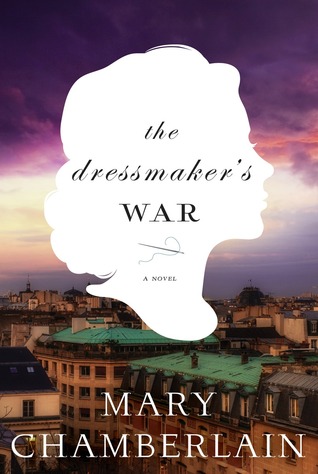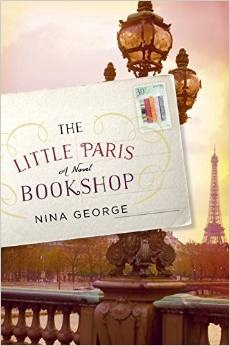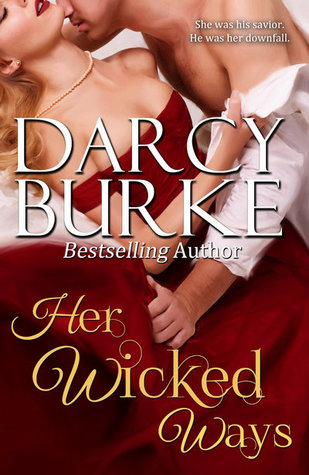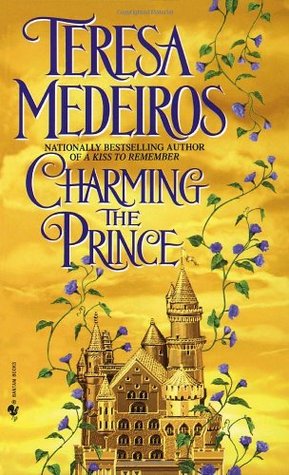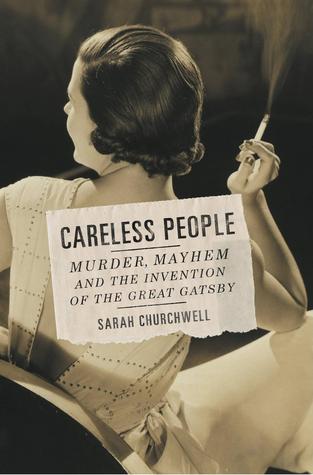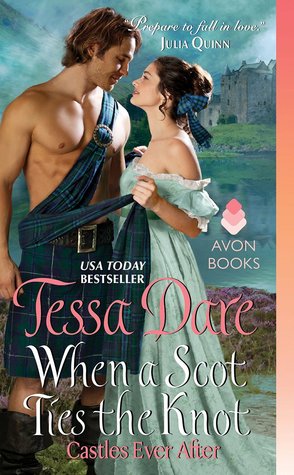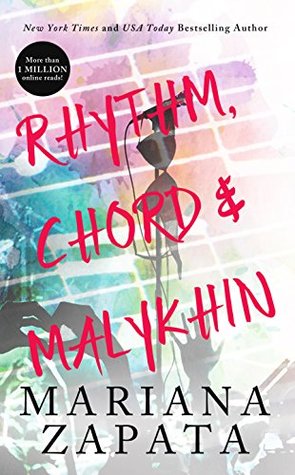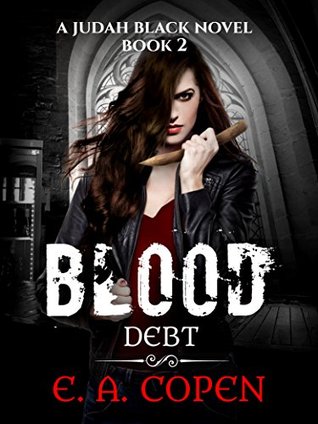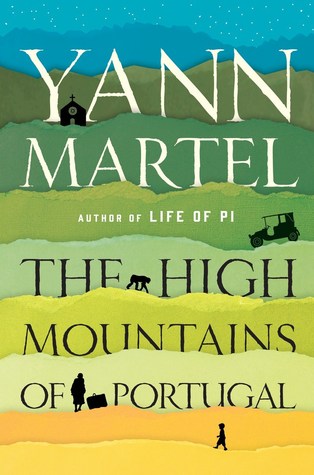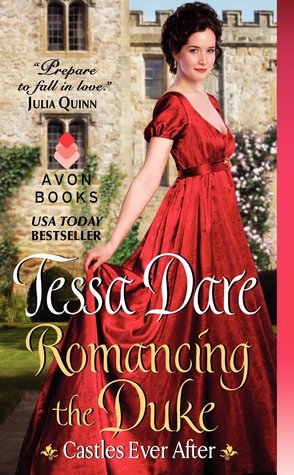 Smoke seems to be a book that has wildly underperformed for the average reader, even though critics have generally liked it. At least, that's the impression that I got while clicking through some reviews. And honestly? I have to agree.
Smoke seems to be a book that has wildly underperformed for the average reader, even though critics have generally liked it. At least, that's the impression that I got while clicking through some reviews. And honestly? I have to agree.Smoke has a really interesting premise, which is that sin and misdeeds seep from the skin as smoke, different colors for different things, and leave traces on clothes, skin, and other surfaces as soot. People can breathe in each other's smoke and it will spread whatever their affliction is--lust, hate, etc. It's possible to control how much you smoke through exercises of will and through (we eventually find) illicit sweets. The only people who can afford the training for the self-control, and who can afford the sweets, are the rich. Of course. That means that the rich walk around all squeaky clean while the poor, who can not afford sweets and training, are generally filthy. All of this helps fuel a class divide that, of course, exists even without visible signs of sin. This is one thing that had stuck out to several people whose reviews I read; the classism in the book. I don't necessarily see the book as classist so much as the characters in it. And yes, I do perceive a difference. For example, I didn't get any sense that Vyleta was actually saying the rich were better than the poor. I more thought he was highlighting the differences between the classes that naturally arose in this world. Also, his characters are interested, to various degrees, in finding a way to eliminate the barriers of smoke, or eliminate smoke entirely, which doesn't seem like it would have been the case if the book was inherently classist. So, that's my thought on that: not a classist book, just classist characters. Which, given the time and location of the book, is perfectly natural.
It's a really interesting concept, the smoke, and I think the quest to find a way to eliminate its problems was interesting. There was some interesting worldbuilding involved as well, with the government of England being removed from London because that city is such a smoky, filthy mess. But other parts of the worldbuilding just fell entirely flat. For example, England is completely cut off from the world in a way that doesn't seem likely. All technology needs special permits to be imported, which is certainly a possibility, but even the people have no conception of what's happening in the world beyond. Surely someone, somewhere would have told someone, who would have told someone else, that the telegram had been invented somewhere along the line? It's not the internet age in the book, that much is certain, but I feel like the isolated-but-not-isolated (shipping was still going on with other countries, explorers were still going to uncharted lands, etc.) were something that really wouldn't have worked. There's also a very real problem of a "noble savage" trope in here, which honestly concerned me more than anything else here.
As for the writing, it was...okay. I think it had some moments, but overall I didn't find it very engaging. I think it was definitely the best in the first and second parts, at the boarding school and the manor. The first had a very typical "creepy boarding school" feel to it, and I feel like the part with the manor a real Gothic vibe. I think this could have been a real gem, but as other reviewers have established, in its current form it wasn't really something to write home about.
2 stars out of 5.

